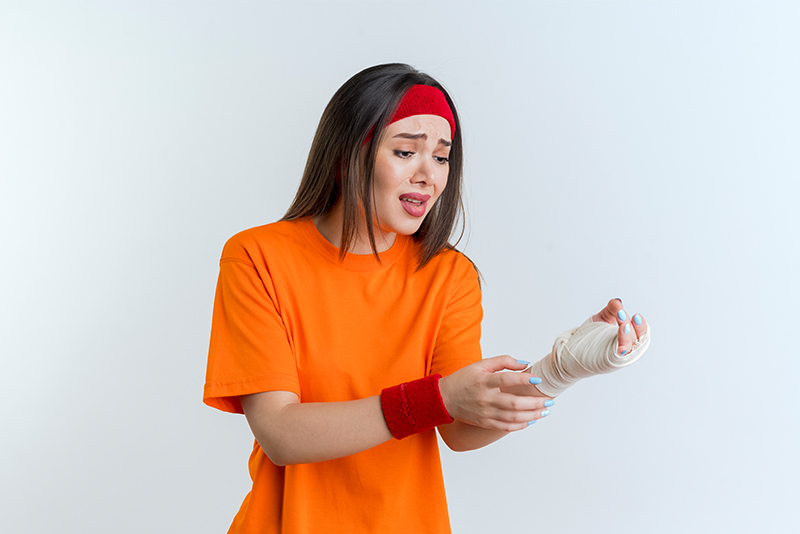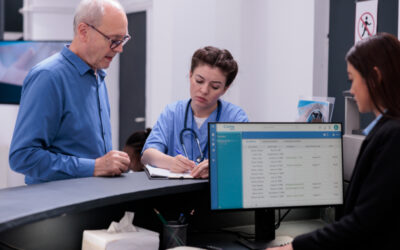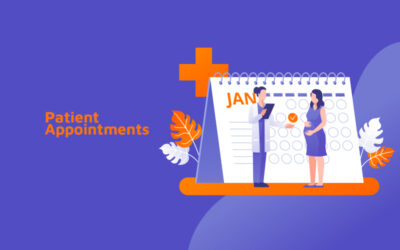Halloween, a time of whimsy and eerie enchantment, brings forth a wave of creativity and celebration. However, lurking beneath the shadows of the haunted decorations lies a less festive reality – Halloween injuries. From costume mishaps to spooky accidents, the holiday can cast a dark spell on safety. Darkened streets, excited children, and elaborate costumescan lead to trips and falls and resultant injuries, which can be documented by their respective ICD-10 codes.
Being an experienced medical coding company in the U.S., our team is experienced in coding Halloween injuries on medical claims to support Emergency departments with their medical billing process.

Partner with our expert medical coding services to ensure accurate, compliant, and timely coding.
Common Halloween Injuries and Their ICD-10 Codes
Costume Catastrophes
Every year, the allure of creative costumes beckons, but with it comes the risk of costume-related mishaps. Such accidents can turn a night of fun into a visit to the emergency room. Common issues include costume malfunctions, like a torn seam or a misplaced accessory, which can be inconvenient but often add a humorous touch to the night.
Bulky outfits
Y92.7 – Farm as the place of occurrence of the external cause
Ill-fitting masks
W49.01 – Hair causing external constriction
Jack-o’-Lantern Burns
The warm glow of jack-o’-lanterns can transform into a fiery fright. Burns from open flames (ICD-10: X10-X19) or scalds caused by hot candle wax (ICD-10: T20-T31) are not uncommon. Practicing caution with candles and opting for battery-operated lights can help ward off these spectral injuries.
Burns from open flames
X10-X19 Contact with heat and hot substances
- X10 Contact with hot drinks, food, fats and cooking oils
- X11 Contact with hot tap-water
- X12 Contact with other hot fluids
- X13 Contact with steam and other hot vapors
- X14 Contact with hot air and other hot gases
- X15 Contact with hot household appliances
- X16 Contact with hot heating appliances, radiators and pipes
- X17 Contact with hot engines, machinery and tools
- X18 Contact with other hot metals
- X19 Contact with other heat and hot substances
Scalds caused by hot candle wax
T20-T25 Burns and corrosions of external body surface, specified by site
- T20 Burn and corrosion of head, face, and neck
- T21 Burn and corrosion of trunk
- T22 Burn and corrosion of shoulder and upper limb, except wrist and hand
- T23 Burn and corrosion of wrist and hand
- T24 Burn and corrosion of lower limb, except ankle and foot
- T25 Burn and corrosion of ankle and foot
Trick-or-Treat Tumbles
Every Halloween, the joy of trick-or-treat brings smiles to countless faces, but amid the excitement, there’s a potential for tumbles and injuries. Kids, fueled by the thrill of gathering sweets, might forget to watch their step, leading to trips, falls, and minor injuries. Uneven sidewalks, poorly lit areas, and cumbersome costumes can contribute to these mishaps.
W00-W19 Slipping, tripping, stumbling and falls
- W00 Fall due to ice and snow
- W01 Fall on same level from slipping, tripping and stumbling
- W03 Other fall on same level due to collision with another person
- W04 Fall while being carried or supported by other persons
- W05 Fall from non-moving wheelchair, non-motorized scooter and motorized mobility scooter
- W06 Fall from bed
- W07 Fall from chair
- W08 Fall from other furniture
- W09 Fall on and from playground equipment
- W10 Fall on and from stairs and steps
- W11 Fall on and from ladder
- W12 Fall on and from scaffolding
- W13 Fall from, out of or through building or structure
- W14 Fall from tree
- W15 Fall from cliff
- W16 Fall, jump or diving into water
- W17 Other fall from one level to another
- W18 Other slipping, tripping and stumbling and falls
- W19 Unspecified fall
Allergic Reactions to Halloween Makeup
As Halloween approaches, the use of makeup to enhance costumes becomes popular, but it’s essential to be aware of potential allergic reactions. Face paints and costume makeup may add the finishing touch to a spooky ensemble but can also lead to allergic reactions. Sensitivity to certain ingredients may manifest in skin rashes, itching, or swelling – turning Halloween into a night of unexpected horror.
- T78.40 Allergy, unspecified
- T78.40XA …… initial encounter
- T78.40XD …… subsequent encounter
- T78.40XS …… sequela
Candy-induced Choking
While the excitement of collecting treats is unparalleled, small candies can pose a choking hazard for young children. Vigilance and age-appropriate treats can prevent this haunting occurrence. Encouraging small, manageable bites and supervising young ones while they enjoy their Halloween haul can significantly reduce the chances of candy-related choking incidents.
- T17.92 Food in respiratory tract, part unspecified
- T17.920 Food in respiratory tract, part unspecified causing asphyxiation
- T17.928 Food in respiratory tract, part unspecified causing other injury
Ghostly Noise-related Injuries (ICD-10: H83.3)
While Halloween is a time for spooky fun, the use of ghostly noises and eerie sound effects can sometimes lead to unexpected injuries. Startling noises, sudden screams, or loud, unexpected sounds can cause people to jump, potentially resulting in trips, falls, or collisions.
- H83.3 Noise effects on inner ear
- H83.3X Noise effects on inner ear
To ensure a safe and enjoyable Halloween, it’s essential to be mindful of potential risks, take precautions, and prioritize safety during celebrations. Practices can rely on professional medical billing and coding services to submit clean claims and get reimbursed on time.





